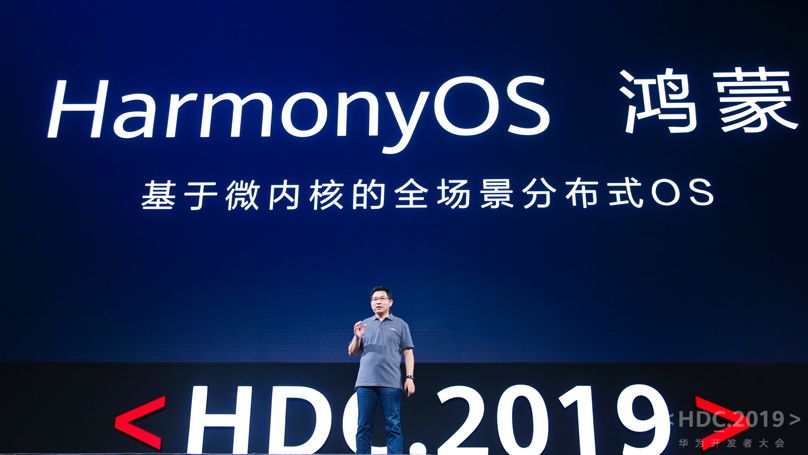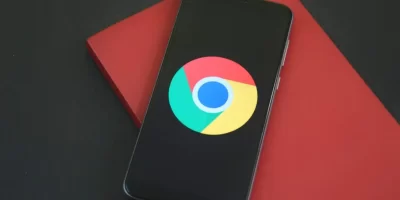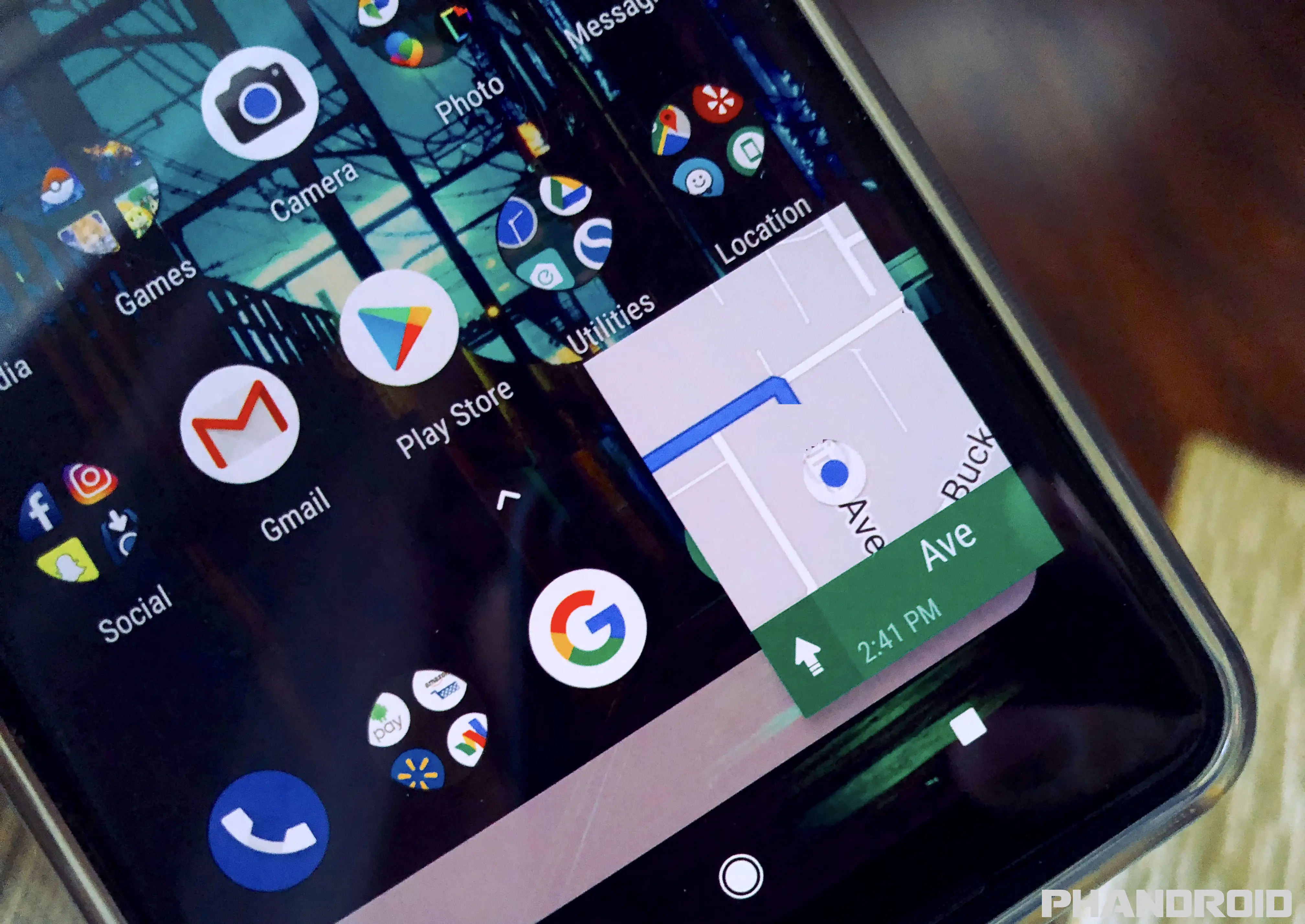A couple of weeks ago, Huawei officially announced and confirmed their own operating system: HarmonyOS. This comes on the heels of Huawei’s legal tussles with the US government, in which Huawei was put on the Entity List, essentially preventing them from doing business with US companies and vice versa.
This has impacted Huawei in a huge way, especially with Google where the ban meant that they would not be able to legally license Google Play services, which admittedly make up a huge part of the overall Android experience. The US government later (kind of) reversed the ban, where they said that US companies will now be able to apply for a license to do business with Huawei again.
While this sounds like good news and sounds like things could be going back to normal, we get that Huawei would rather not chance it, which is why HarmonyOS was created in which it would act as a backup of sorts and an alternative to Android if that day were to ever come. But the question is, now that HarmonyOS is here, how similar is it to Android and could it ever pose as a threat and worthy competitor?
What Is HarmonyOS
According to Huawei, HarmonyOS is the company’s proprietary operating system in which it will be a multifaceted, microkernel OS that will work across not just phones, but across multiple types of devices and platforms. During the announcement of HarmonyOS, Huawei’s CEO of Consumer Business Group Richard Yu boasted how developers only need to develop their apps just once, and it will be capable of being deployed across a range of different devices.
This could be a huge win for Huawei if it is truly as flexible as the company claims. As we have seen in the past, there have been many alternatives created to iOS and Android, but most of them have failed due to the lack of support from developers.
How Does It Compare With Android?

Huawei hasn’t provided too many details about HarmonyOS, choosing to speak mostly in broader terms. Based on what the company has revealed so far, it seems that HarmonyOS will be different from Android in the sense that Huawei has plans for HarmonyOS that go beyond just smartphones and tablets.
HarmonyOS will be designed to be used across a range of devices, such as smart TVs, smartwatches, Internet of Things, and so on.
Huawei had also claimed that HarmonyOS will be more secure, and by that, they mean that the platform will not be rootable. While Android has come a long way from back in the day where there are a lot more features, customization is one of the main attractions of Android, and by removing the ability to customize their devices on a deeper level, it could deter the more enthusiast crowd.
Can HarmonyOS Replace Android?
This is the question that we’re sure many are wondering. If the day ever came, could HarmonyOS potentially act as a replacement or alternative to Android on Huawei’s phones? Could it be competitive enough where other handset makers could choose to use HarmonyOS in place of Android?
Right now, HarmonyOS still belongs to Huawei, but the company does have plans to eventually make it open source. This means that similar to Android, handset makers could choose to make use of HarmonyOS instead of Android. However, we have to consider what Huawei has planned for HarmonyOS. Huawei has avoided saying that HarmonyOS will be a replacement for Android. According to Yu, he was quoted as saying:
“We needed an OS that supports all scenarios, that can be used across a broad range of devices and platforms, and that can meet consumer demand for low latency and strong security.”

Then there are also technical issues to be taken into consideration. How easy will it be for developers to port Android apps over to HarmonyOS, and whether or not their efforts will be worth it? As we said, over the years, there have been many challengers to iOS and Android, and most of them have fallen short.
Conclusion
While Huawei does enjoy their position of being the second-largest smartphone maker in the world, even Samsung’s attempts at making Tizen-based smartphones have never quite taken off the way the company would have liked. This doesn’t mean that Huawei can’t succeed where Samsung couldn’t, but it certainly doesn’t paint a very optimistic future.
Huawei has only made promises to date on what HarmonyOS could bring to the table. Whether or not they’ll be able to pull it off is a different story. For now, HarmonyOS is only being used on one device, the Honor Vision TV which was just announced last week. It will likely take years for Huawei to refine the operating system ad its functionality, but company executives have said that we could see the first smartphones running HarmonyOS within 2-3 years. That may not seem like a long time from a development standpoint, but it is an eternity with how fast the smartphone world moves these days.










Comments